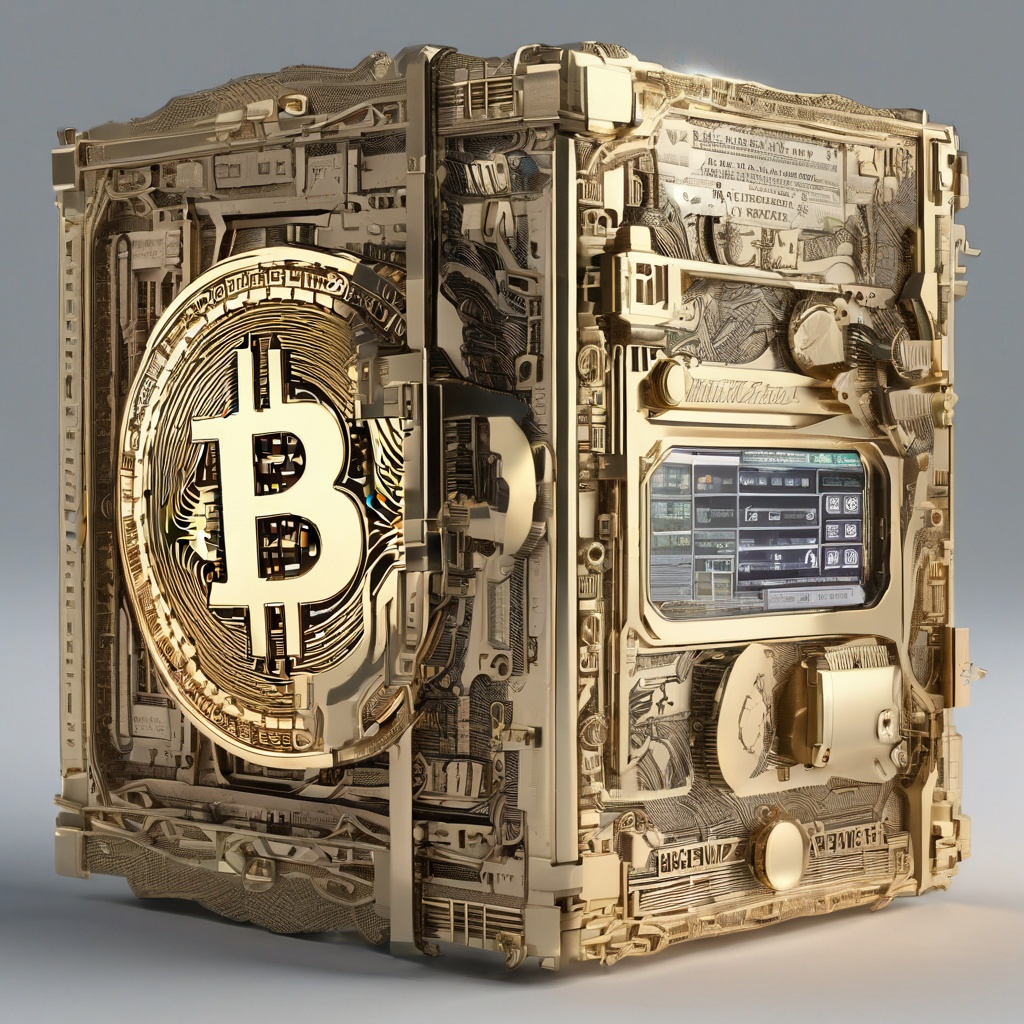What happens to burned crypto?
I'm curious, what exactly happens to cryptocurrency that's been burned? Does it simply disappear into thin air, or is there some sort of process that occurs when coins are burned? And what are the implications of burning crypto for the overall market and individual investors? Is it a common practice, or is it more of a niche occurrence? I'd love to hear your thoughts on the matter.

What happens when EPS fails?
I'm curious, what exactly happens when the Earned Per Share (EPS) fails to meet expectations? Does it indicate a fundamental weakness in the company's operations? How does the market typically react to such news? Could it potentially lead to a drop in the stock price, or are there mitigating factors that could cushion the blow? It's essential to understand the implications of EPS misses, as they can have significant implications for investors and the overall health of the company.

What will happen if bitcoin is not created?
Could you imagine a world without Bitcoin? It's a question that's intriguing to ponder. After all, Bitcoin has revolutionized the way we think about money and finance. But what if it had never been created? How would the world of cryptocurrency and digital finance be different? Would we still have alternative forms of currency that are decentralized and not controlled by any central authority? Or would we still be relying solely on traditional, centralized forms of currency? It's a fascinating thought experiment, and one that highlights the impact that Bitcoin has had on the world of finance. So, what do you think? What would the world be like if Bitcoin was never created?

What are the risks of free trade?
Have you ever wondered about the potential drawbacks of free trade? While it may bring numerous benefits such as increased economic growth and job opportunities, it also poses several risks. For instance, free trade can lead to job losses in industries that struggle to compete with foreign competitors. It can also cause environmental degradation as companies seek to maximize profits without considering the impact on the environment. Furthermore, free trade can create economic imbalances, as countries with lower labor costs and weaker regulations attract investment and production, potentially harming economies that rely on certain industries. Additionally, free trade agreements may not always be fair, as they can favor some countries over others. So, as we embrace the benefits of free trade, it's important to also consider and address the risks associated with it.

What if a Cryptocurrency Law was passed?
What would be the implications of a Cryptocurrency Law being passed? Would it bring more clarity and stability to the market, or would it stifle innovation and hinder growth? How would such a law regulate the trading and use of cryptocurrencies, and would it address concerns around security and privacy? Would it provide a framework for taxation and compliance, or would it simply add more bureaucracy and red tape? Additionally, would a Cryptocurrency Law have a significant impact on the adoption and acceptance of cryptocurrencies by individuals, businesses, and governments, or would it be a relatively minor change? Ultimately, what are the potential benefits and drawbacks of a Cryptocurrency Law, and how might it shape the future of the cryptocurrency landscape?

